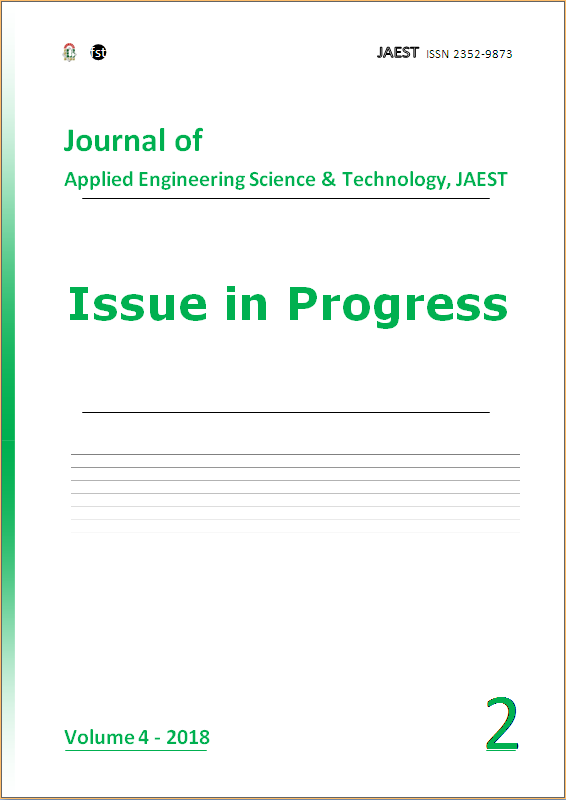Vision Based Tracking and Interception of Moving Target by Mobile Robot Using Fuzzy Control
Abstract
This paper presents a simple Fuzzy Logic Controllers (FLC) based control strategy to solve the tracking and interception problem of a moving target by a mobile robot equipped with a pan-tilt camera. Before sending commands to the mobile robot, video acquisition and image processing techniques are employed to estimate the target’s position in the image plane. The estimate coordinates are used by a fuzzy logic controller to control the pan-tilt camera angles. The objective is to ensure that the moving target is always at the middle of the camera image plane. A second FLC is used to control the robot orientation and to guarantee the tracking and interception of the target. The proposed pan-tilt camera and robot orientation controllers’ efficiency has been validated by simulation under Matlab using Virtual Reality Toolbox.
J. Appl. Eng. Sci. Technol. (JAEST - ISSN 2352-9873) is a peer-reviewed quarterly journal dedicated to the applied engineering sciences and technology. The JAEST provides immediate open access to its content on the principle that making research freely available to the public supports a greater global exchange of knowledge.
There is no submission or publication fee for papers published in the JAEST.
Authors who publish in the JAEST agree to the following terms:
- Authors retain copyright and grant the journal right of first publication with the work simultaneously licensed under a Creative Commons Attribution License that allows others to share the work with an acknowledgement of the work's authorship and initial publication in the JAEST.
- Authors are able to enter into separate, additional contractual arrangements for the non-exclusive distribution of the journal's published version of the work (e.g., post it to an institutional repository or publish it in a book), with an acknowledgement of its initial publication in the JAEST.
- Authors are permitted to post their work online (e.g., in institutional repositories or on their website) prior to and during the submission process, as it can lead to productive exchanges, as well as earlier and greater citation of published work (See The Effect of Open Access). Any such posting made before acceptance and publication of the Work shall be updated upon publication to include a reference to the JAEST and a link to the online abstract for the final published Work in the Journal.






